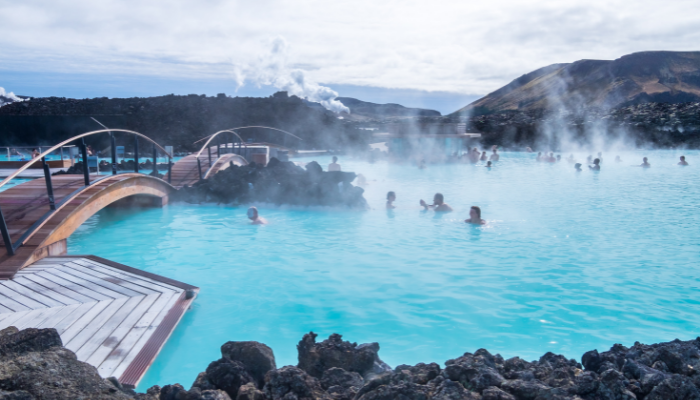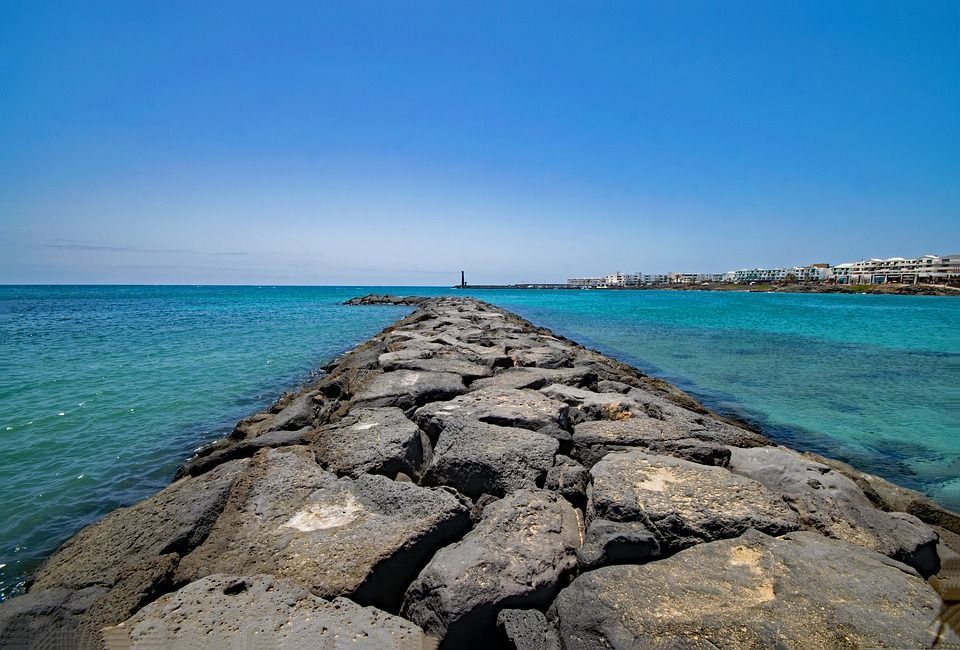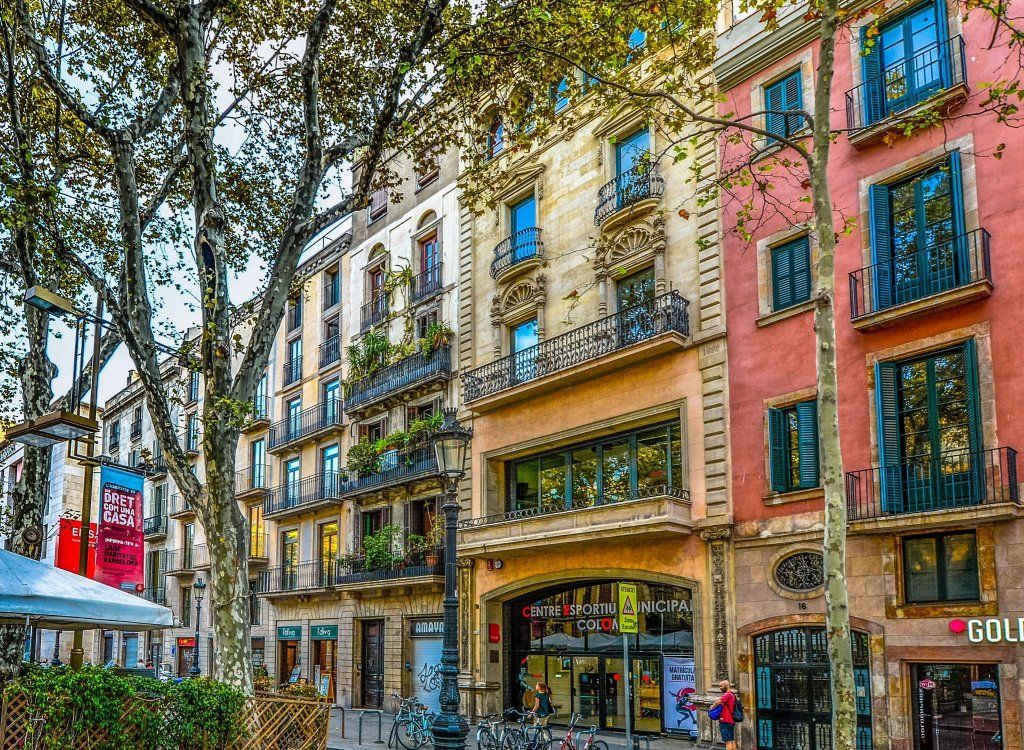Top Tips for visiting Japan for the first time
Visiting Japan for the first time can be a bit daunting. There are a few things to consider before travelling to this iconic destination, such as customs and strict rules of etiquette that we as western travellers may not be used to.
Jan has been asked many times about travelling to Japan so has put together her top tips, along with a few words and sentences which will prove very useful when travelling.
#1 Always bow politely when bowed to.
#2 Always remove your shoes when entering a private home.
When visiting traditional accommodation such as a Ryokan or a temple/shrine, slippers are generally provided. This is not negotiable. If there are Tatami mats on the floor you must also take off your slippers. Tatami mats are usually found in historic buildings and temples but some restaurants have them also.
#3 Temple Conduct
Temples and shrines in Japan are mainly Buddhist or Shinto and are happy to welcome visitors – but please remember to dress respectfully. speak quietly and respect the areas that are cordoned off as many of them are still deemed religious sites.
There will always be a water source at the front of the shrine, please use the ladles provided to pour water over your hands and pour into one hand to rinse your mouth. You are expected to spit this out onto the ground.
#4 Public Transport
It is considered rude to talk on your mobile phone whilst travelling on public transport, so as not to disturb fellow travellers, speak quietly. If travelling by train, you may notice lines painted on the platforms to indicate where the doors will open. Always make sure you queue.
#5 It is considered rude to blow your nose in public.
#6 Eating out
If using chopsticks in a restaurant there are a few ‘do’s and don’ts’ to bear in mind. The main one is to never leave your chopsticks standing upright in a bowl of rice and to not use them as drumsticks as this is considered extremely rude.
If sharing a bottle of alcohol, such as Saki, never fill your own glass and always say ‘kam-pai’ before drinking.
Before eating your meal, it is polite to say “ itadaki-mas” which would be the same as saying ‘bon appetit’ . After your meal say “gochisō sama deshita” , this means thank you for the lovely meal and indicates to the waiter/waitress that you have finished and are ready to pay.
#7 Key Phrases
English is not as widely spoken in Japan as one may have thought, but you could meet someone who would like to practice their English with you. Why not try some of these more common phrases, hopefully impressing a Japanese person along the way…
Kudasai – Please
Arigatu – Thank you
Sumimasen – Excuse me or Sorry( This is probably the most useful word to learn. It can be used when asking a stranger a question, say it first.)
Hai – I’m satisfied and not necessarily yes.
Doku – Where?
Wa doku desu ka – Where is…?
Wakari masu – I understand
Wakari masen – I don’t understand
Wakari masu ka – do you understand?
With its unique culture, Japan can be very confusing to first-time visitors, but hopefully, the above top tips helped you in some way shape or form.
TOP TIP – Spring is the best time to see the cherry blossom in full bloom and with your new found knowledge of customs and key phrases, why not contact Destina to organise your trip to Japan.
T: 01562 883 795
E: Enquiry@destinatravel.co.uk











